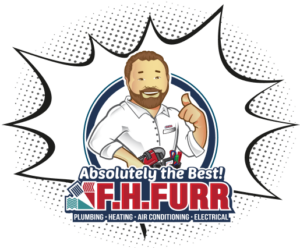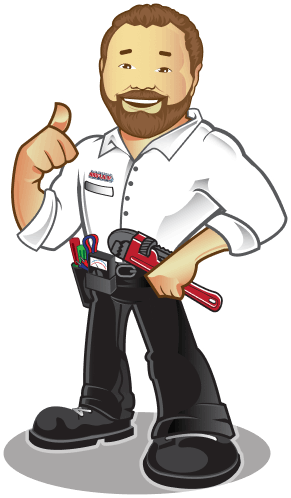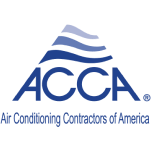Answers to the Top HVAC FAQs
If you have an HVAC system installed in your home or are planning to get one soon, you may have some questions and don’t know who to turn to. We’ve got your back. We’ve compiled a list of FAQs that might pop into your head regarding your HVAC. So, let’s get to it.
Efficiency Acronyms
What is the use of the Efficiency Rating Number?
The Efficiency Rating Number is a government-sanctioned rating used to determine the appliance’s energy consumption rate. The higher the number is, the more energy-efficient the product. The U.S. government requires this for all heating and cooling equipment and most household appliances.
What does SEER mean?
SEER is the way the Efficiency Rating Number is determined for HVACs. SEER stands for Seasonal Energy Efficiency Rating. The government requires all HVACs to at least have a rating of 13.0 on a SEER scale. The more energy-efficient systems can even go as high as 21.0.
What does HSPF mean?
This is another unit to measure efficiency by comparing the amount of energy consumed versus heat produced. The higher this rating is, the more efficient your heating system. HSPF stands for Heating Seasonal Performance Factor.
What is AFUE an acronym for?
AFUE stands for Annual Fuel Utilization Efficiency. Higher numbers mean better efficiency. The old natural gas units used to have an AFUE of around 80 percent, but new ones can go as high as 98 percent. A high efficiency rate means you get more bang for your buck because it costs less to keep them running.
Outdoor HVAC Units
Should I cover my outdoor AC units in the winter?
No. Logic would suggest that you cover your outdoor AC units when they aren’t in use. But if someone in the house were to accidentally turn the AC on while the outdoor unit was covered, it would damage the condenser and require high costs to repair. Outdoor units are sturdy and made to withstand the harsh environment. You don’t need to cover them for the cold.
Can I plant shrubs or plants near the outdoor unit?
Yes, as long as they are at least 18 inches from the unit. There should be open space around the unit so that there is enough room for air to circulate freely. Otherwise, the unit could overheat and need servicing sooner than it should. Keep your plants trimmed, giving the unit plenty of space.
If I get my outdoor unit replaced, does that mean I should get the indoor unit replaced as well?
It’s common practice to replace both units at the same time. It’s a much more cost-effective equation in the long run. A lot of the old units will eventually be completely phased out and no longer compatible with new ones. The efficiency rating numbers only work when the entire system is compatible.
General HVAC Questions
What size unit should I buy?
HVAC installation experts will be able to help you find the right unit size. They can make a recommendation after they’ve had a thorough look around the house. Several factors will be taken into consideration, like the square footage of the house, the climate of the area you live in, the number of windows, the kind of insulation in the house, the number of people in your household, and your budget.
Are a split system and a package unit the same?
No. A split system has an indoor unit and an outdoor unit that work in tandem. A package unit contains everything in itself. Package units are usually used in apartments, condos, and commercial settings.
How can I make my system last longer without needing service?
Make sure you clean and change the filters often. Keep the blower in the “on” position to circulate air throughout the house and improve filtration. Also, ensure that you cover all the windows in line of direct sunlight with drapes or shutters.
How often should I replace my filters?
We recommend that you replace your HVAC filters at least once a month.
Is a system with higher capacity better?
Your system should be proportionate to the size of the area that needs to be cooled/heated. A larger capacity does not mean more efficiency. For a small house, a large capacity system would be less efficient and more expensive to run. It’s best to get a recommendation from an expert on what size HVAC your house needs.
Have More Questions? Give us a call!
Heating, ventilation, and cooling systems are complicated. If you have more questions or need further information about any of these topics or HVAC in general, turn to F.H. Furr Heating and Air Conditioning. We have the expertise to help with all brands of HVAC. Contact us today.













